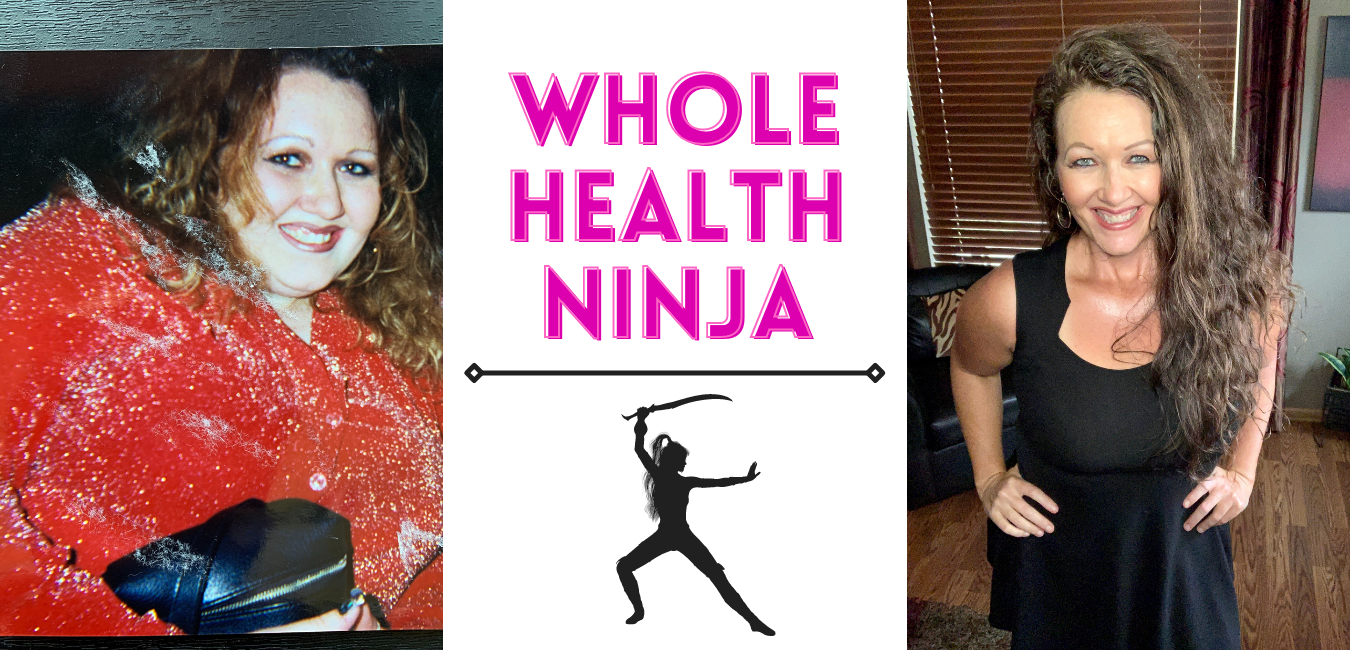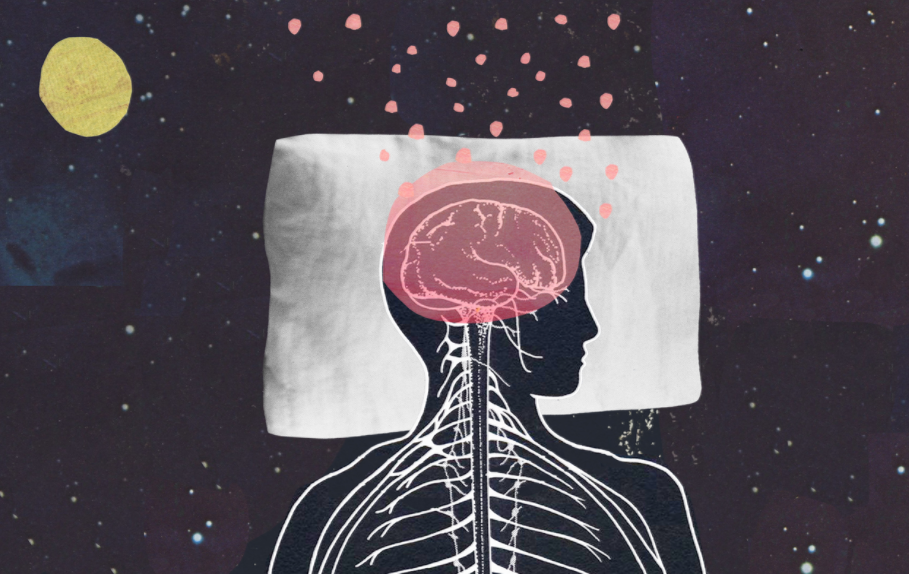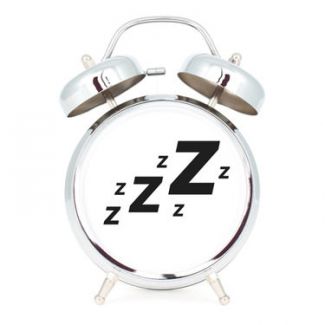For many years, scientists have closely researched the purpose of sleep and how it affects our bodies. Study after study has proved that sleep is deeply connected with our health in a variety of ways.
For example, research has found that sleep deprivation has the same taxing and negative effect on your body as chronic physical stress and illness.
Simply put, even if you do everything else right from a wellness perspective, your health and well-being will suffer if you don’t get enough sleep.
You may even die prematurely from long-term sleep deprivation. GULP!
HOW SLEEP IS CONNECTED TO DETOXING YOUR BODY
Your body comes equipped with a lymphatic system that is responsible for cleaning waste out of your body. However, this system does not include your brain.
This is because your brain is protected by a blood-brain barrier, which controls what can go through and what cannot. How, then, is your brain able to detox?
Meet Your Glymphatic System
Studies have shown your brain has its own unique waste disposal system, which has been named the “glymphatic system”.
The “g” was added to the word lymphatic as a nod to the glial cells in your brain, which manage your brain’s waste disposal system.
Your glymphatic system flushes waste from your brain and then back into your body’s circulatory system by pumping cerebral spinal fluid through your brain’s tissue. This allows the waste to reach your liver, where it’s ultimately eliminated.
When you sleep, your glymphatic system becomes 10 times more active than when you’re awake. At the same time, your brain cells are reduced in size by about 60%.
This creates more space between the cells and gives your cerebrospinal fluid more space to flush out toxins. For example, the proteins that form the plaque found in the brains of Alzheimer’s patients are removed in significantly greater quantities during sleep.
Here’s an easy way to keep things in perspective: your brain must choose between one of two states – awake and accumulating “stuff” or asleep and cleaning up.
HOW SLEEP AFFECTS YOUR PHYSICAL HEALTH
After a single night of sleeping for less than 6 hours, you can experience significant memory impairment. You may also notice difficulty with the ability to think clearly and solve problems.
But these minor disturbances are the least of your worries! Poor sleep has many other detrimental effects on your health:
- Dramatically weakened immune system.
- Increased risk of heart disease.
- Accelerated tumor growth due to the disruption of melatonin production, which inhibits cell growth.
- Increased feelings of hunger, even when you’ve already eaten, which can lead to weight gain and disposition to diabetes.
- Halted production of new cells in your brain.
- Elevated blood pressure.
- Increased risk of stomach ulcers.
- Impaired physical performance.
- Premature aging due to interference with your growth hormone production.
- Increased risk of mood disorders like depression.
- Constipation.
- Impaired ability to lose weight or maintain your ideal weight due to alterations in your metabolism.
- Increased risk of dying from any cause.
Sleep can also worsen symptoms of chronic diseases like Alzheimer’s, Kidney Disease, Multiple Sclerosis (MS) and Parkinson’s.
Additionally, it can exacerbate issues in children with behavioral problems and anyone with disorders related to their gastrointestinal tract.
HOW MUCH SLEEP DO YOU NEED?
As a general rule, the sweet spot for most people is 7-8 hours of sleep a night. There are some exceptions, though.
Some people can function quite well on 6 hours, whereas others need to sleep for 9-10 hours to function optimally. The key is listening to your body.
If you constantly feel exhausted when you wake up or spend half the day yawning, you probably need more sleep.
It’s important to know that lack of sleep has a cumulative effect when it comes to negatively affecting your health. This means you can’t skimp on sleep during the week and then “catch up” over the weekend.
The key is consistency and getting your body into a good rhythm with your sleep pattern. Make it a goal to go to bed and get up at the same time each day.
I know that can be tough, especially on the weekends, but try your best for the interest of your health.
WHY YOU SHOULDN’T REACH FOR A SLEEPING PILL
When you’re having a hard time sleeping, it can be very tempting to find a quick fix in the form of a sleeping pill. The problem with sleeping pills is they don’t address the actual cause of your insomnia.
Plus, sleeping pills don’t actually make you sleep…they “trick” your brain into thinking it’s time so shut down.
Research has shown that if sleeping pills work at all, they cause poor, fragmented sleep that induces amnesia.
So upon waking, the pill taker doesn’t remember how poor they actually slept. In terms of health consequences, this could end up being worse than not sleeping and being aware of that fact.
Besides not working as advertised, sleeping pills have also been linked to significant health effects, including a 4 times greater risk of death and a 35% increased risk of cancer.
Like any issue or imbalance in the body, it’s so important to identify and address the root cause of your insomnia instead of throwing a bandaid on it.
NEED HELP SLEEPING?
If you are having trouble sleeping, click HERE for loads of great trips to help you attain a blissful slumber.
Cheers to detoxing your body and enhancing your health with consistent, quality sleep!
With love and gratitude,
Kandi
DISCLOSURE: Many of the links above are affiliate links, which means I earn a small commission – at no additional cost to you – if you purchase a product through them. (Click here to view my full Disclaimer & Disclosure statement.) This helps me continue providing FREE information to help you live a fit and fabulous life without busting your bank account. Thanks for your support!


